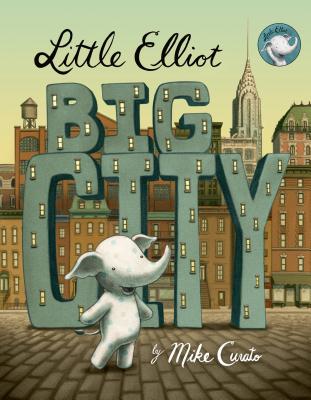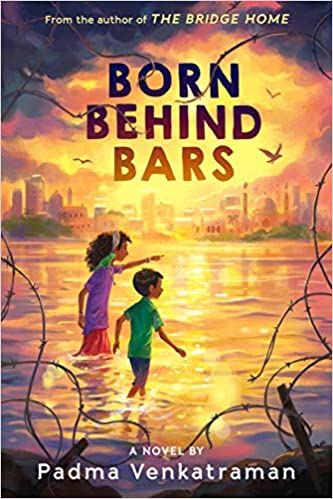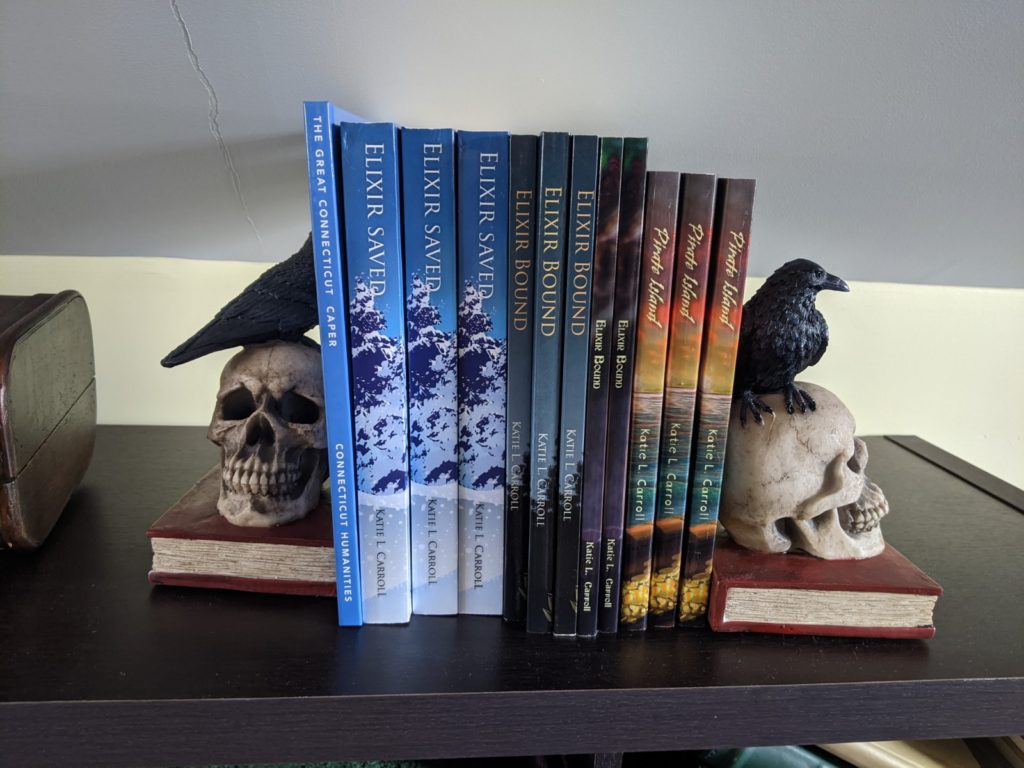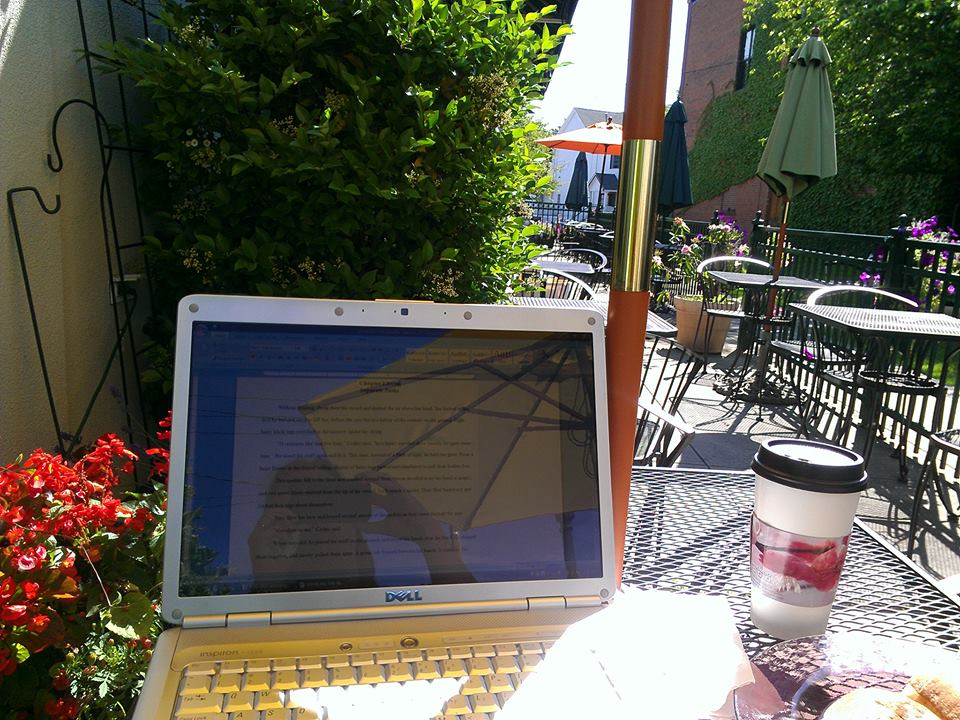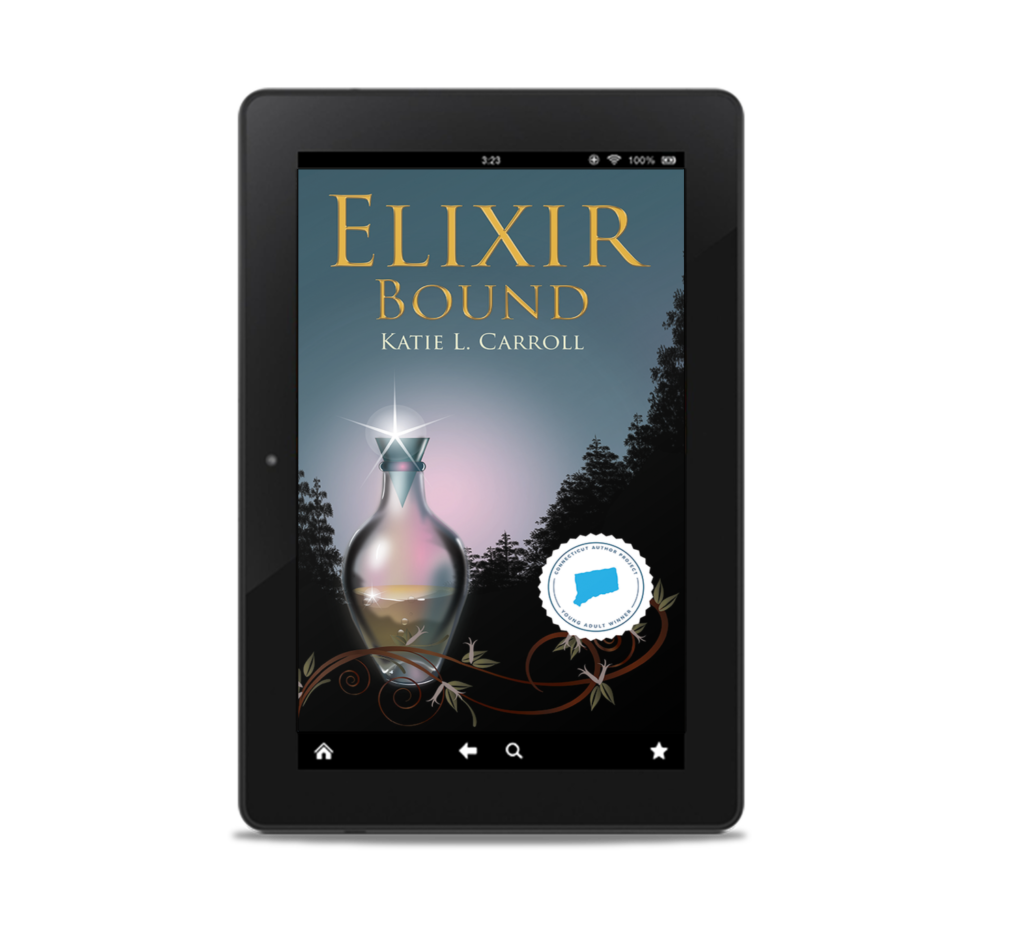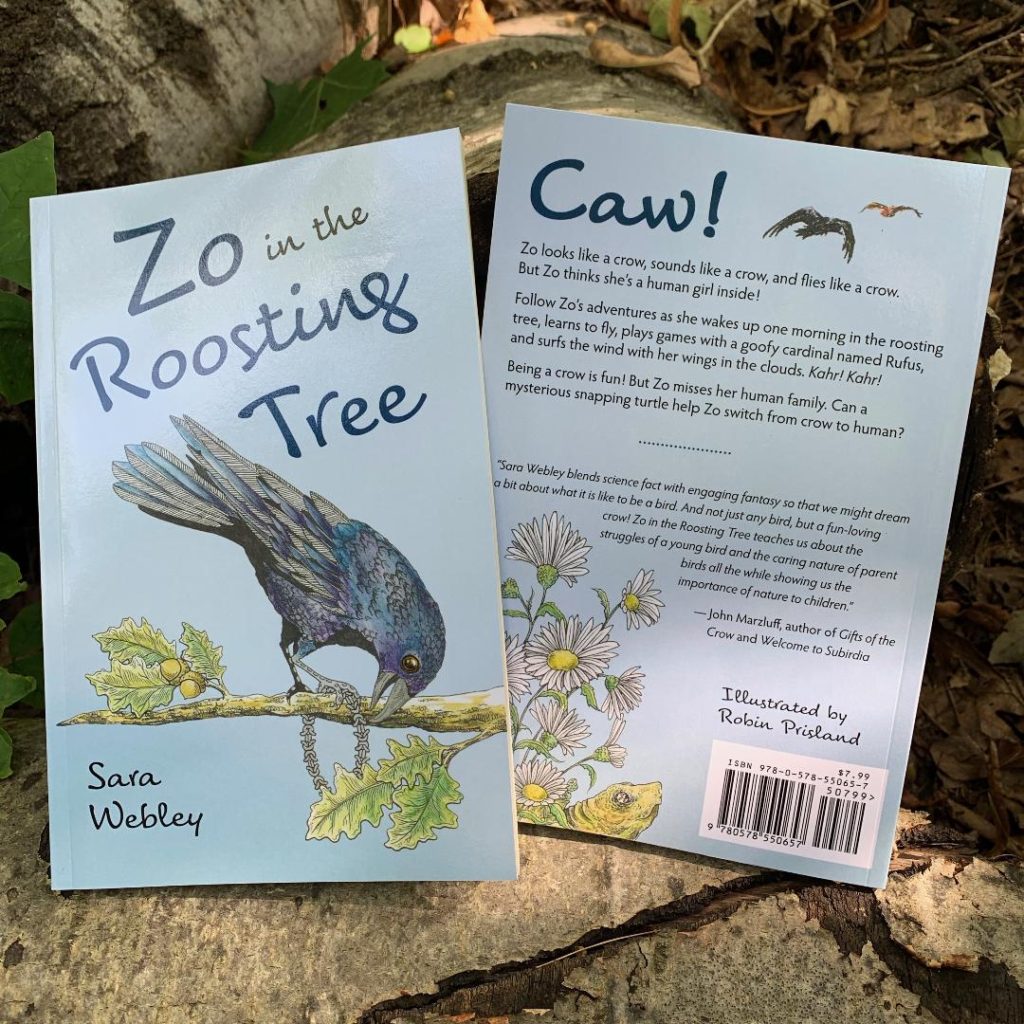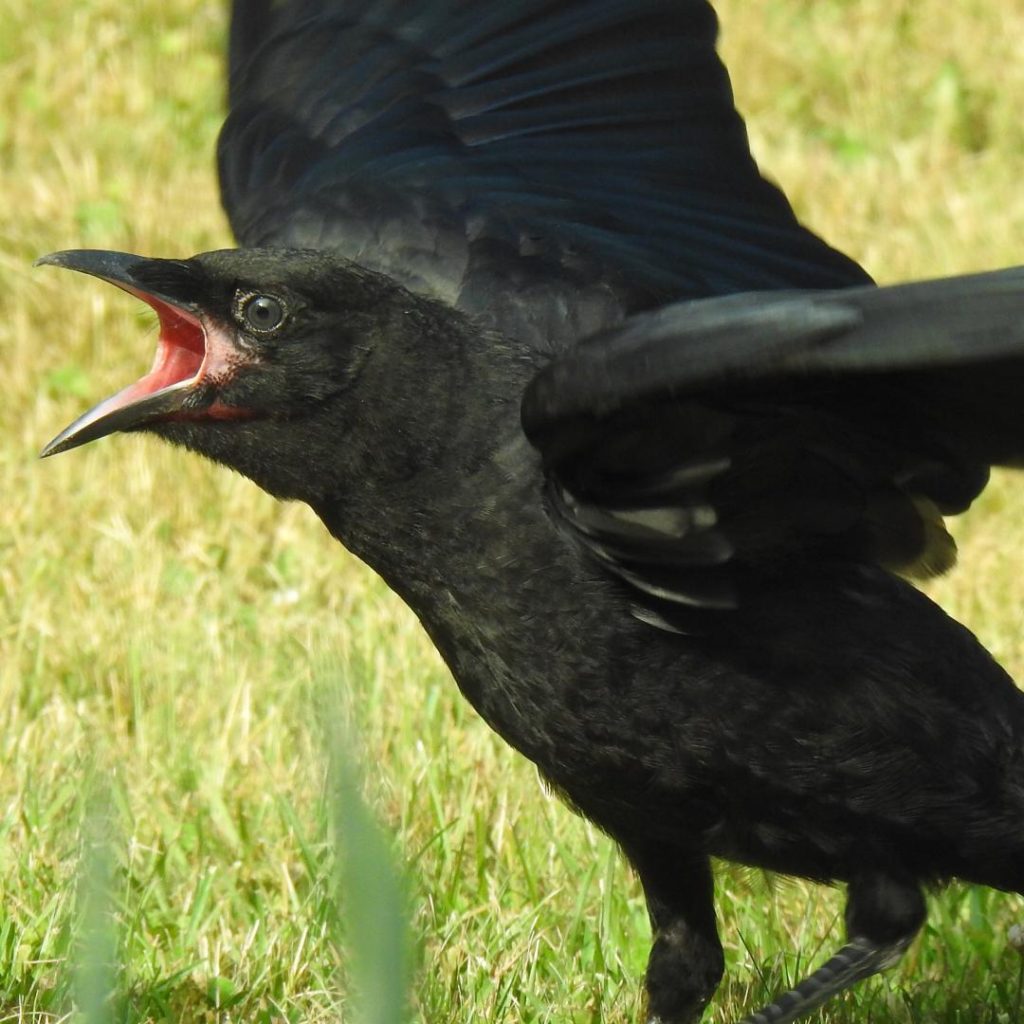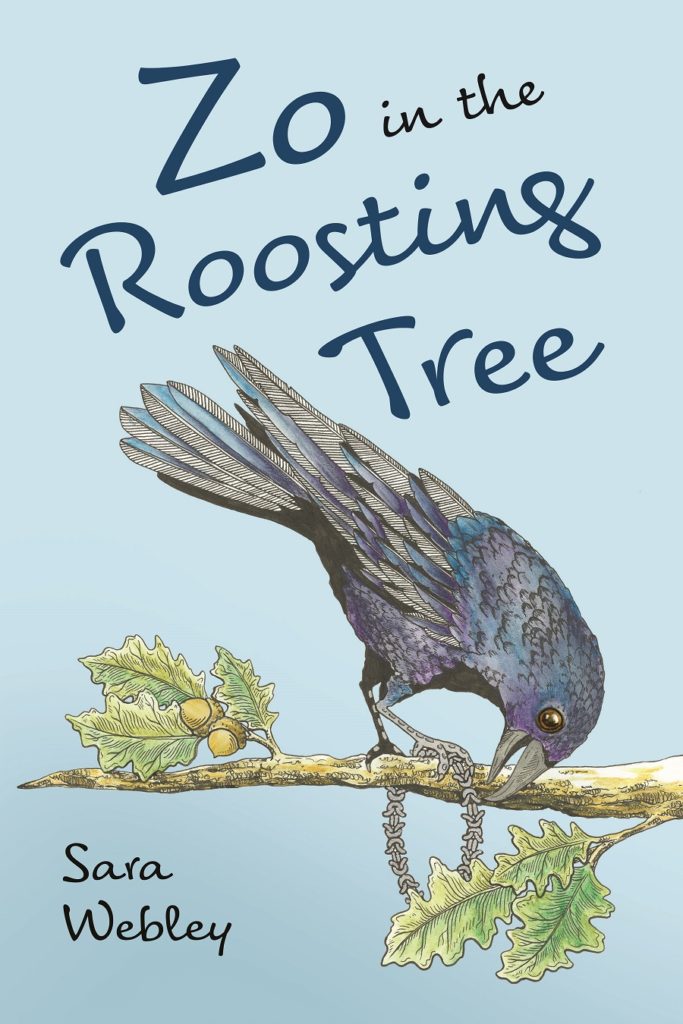Long-time followers of the blog might remember how I like to do conference round-ups where I share bits of wisdom from writing conferences I’ve attended. You can check out past conference highlights here.
The 2021 New England SCBWI Conference was unlike any other NESCBWI one because it was fully digital this year. I was keeping my expectations low because I didn’t think it could possibly include the same sense of community as the in-person event. In addition to all the amazing workshops and keynote always offered, this particular conference was always about catching up with writing friends I’d usually only see once a year.
But conference co-directors Juliana Spink Mills and Casey W. Robinson and the entire committee managed to bring that NESCBWI vibe to the digital space. The conference included social hours where you could pick what “room” you wanted to be in (broken up into categories like what state your from, what kind of things you write, or just fun things like a witch’s tea room). In one chat, we ended up talking about pirates and I went and put on one of my pirate hats!
Friday night started off with a “Conversation With Two Legends: Nikki Grimes and Jane Yolen” hosted by Heidi E. Y. Stemple. It was packed full of great stories and advice, and these two truly are legends.
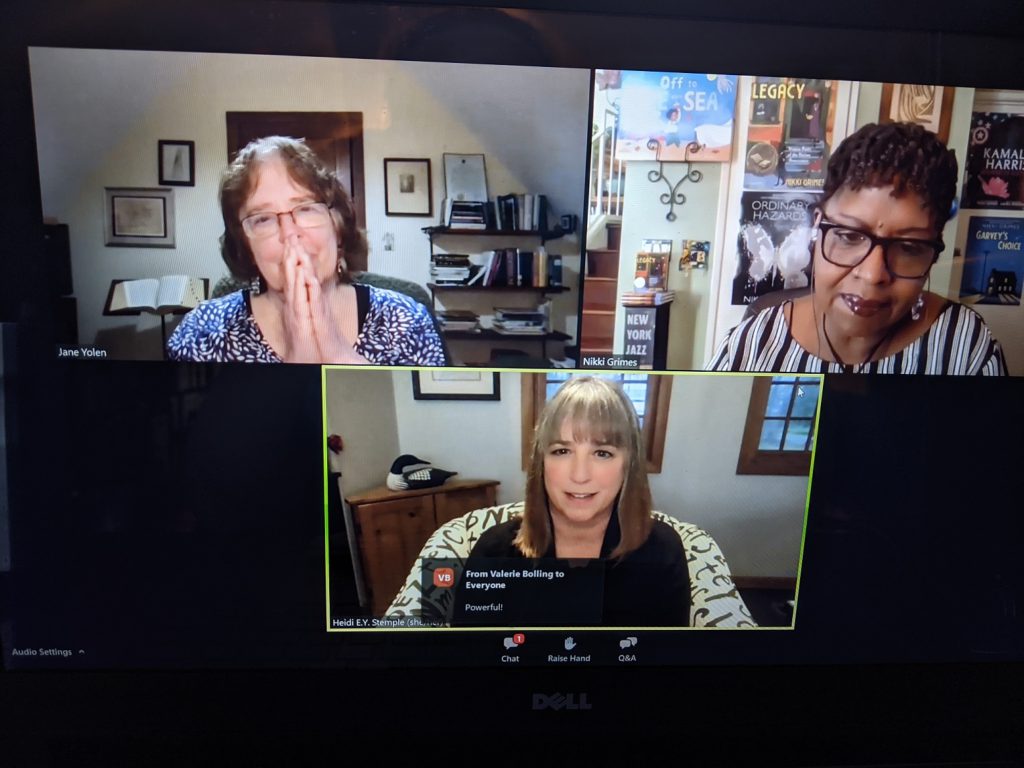
The friendship between them was very evident, even through a screen. When speaking about doing a writing retreat at Jane’s house, Nikki said, they were “two friends, two equals, doing the work.” Jane chimed in that when you’re with someone at the same stage as you, you don’t have to explain. Total author friendship goals there!
Jane intro’d herself by talking about “resolved combustion” and having “a place to cradle the nascent flame.” She told us, the fire is set, breathe deep, steady passionate…then blow yourself apart.
Nikki reminded us that “novel” means “new.” She realized she didn’t have to write the way everyone thought she should and that she had to do it the way that was right for her.
Saturday was packed full of workshops. We got to pick four to attend live and all the others were available to to view for a month afterwards. Being able to watch all the workshops offered is a big perk of the digital format.
In her workshop about picture book revision, Charlesbridge editor Julie Bliven said to come back to that spark of what is working and what you like about a manuscript to remind you of why it’s worth the revision.
Author Heidi E. Y. Stemple included a ton of amazing mentor texts when talking about non-fiction voice, resulting in me getting a little out of control with my holds list at the local library. She encouraged us to experiment with telling the story different ways and play with tone and language, and to not be afraid to try and fail when trying something different with a non-fiction manuscript.
Margaret K. McElderry Books, an imprint of Simon & Schuster, editor Kate Prosswimmer editor gave us a bunch of different guides to approach plot and character together. She said that the heart of a story is in the intersection of plot and character.
Saturday ended with a heart-tugging and joyful keynote from author/illustrator Mike Curato that tied so well into the conference’s theme of finding joy in the journey. His voice has such a soothing tone and I could have spent hours listening to him talk about his personal creative journey.
He talked about how his big break came when he realized he hadn’t made anything for himself in years and the joy was missing from his work. That’s when he created Little Elliot, who embodied so much of his childhood. Mike said that Elliot was his guide and would leave him through the darkness.
On Sunday, we got to pick two Ask-A-Mentor sessions to attend where faculty took questions directly from attendees. Then the conference ended with a keynote from Padma Venkatraman. If you ever get a chance to see Padma speak or teach a workshop, do it. She is so generous with her time and wisdom and is truly a gem to our New England SCBWI community.
Padma advised us to make a note of anytime someone says something kind or that they believe in you and to keep that in a book or somewhere to look at. In a sentiment that she constantly demonstrates, Padma said there is generosity in give away ideas and encouragement and that we should “lift other people.” I’m very much looking forward to her next book BORN BEHIND BARS, which is coming this fall.
And that was only some of the workshops and sessions I attended live. I spent the next month popping in to watch the recordings of the other sessions and filling up my notebook with inspiring advice and stories.
